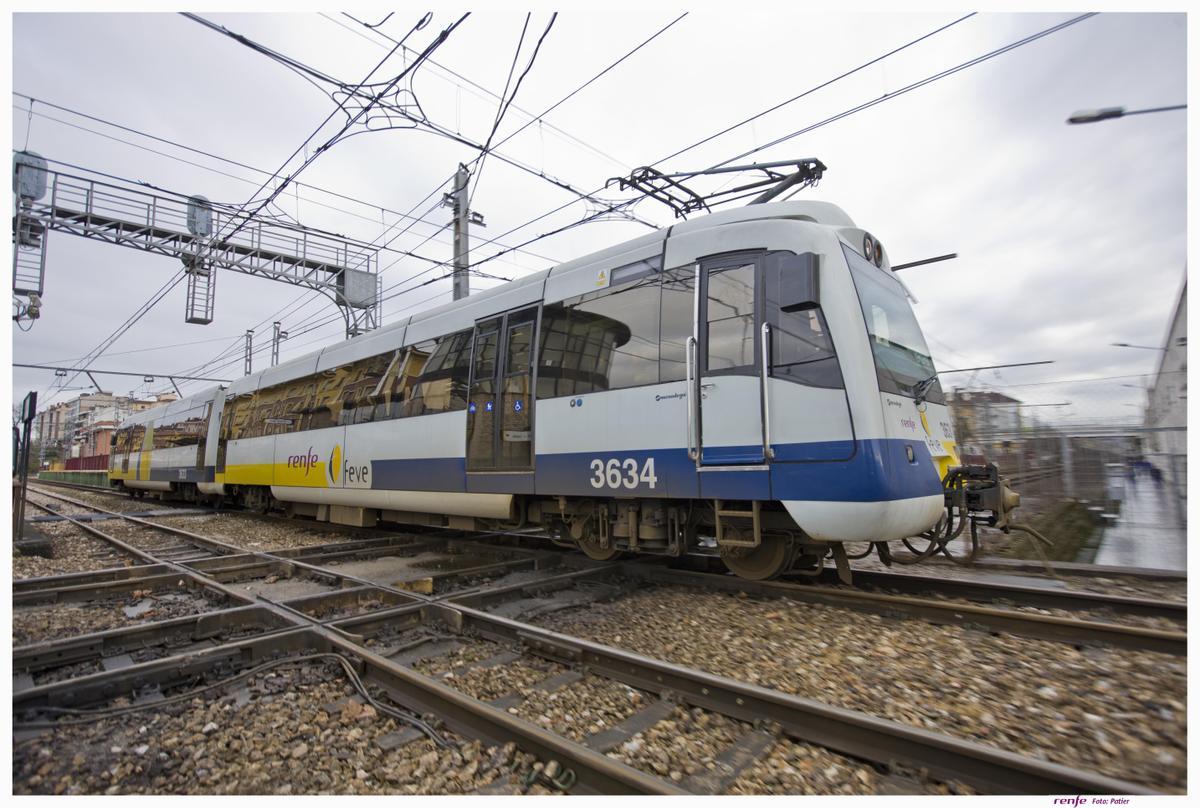
Spanish railway boss resigns due to over-sized trains

The head of Spain’s state-owned rail company Renfe has resigned in the backlash over the near-purchase of 31 trains worth €258 million ($275 million) that didn’t fit the network’s tunnels/Renfe
The top boss of Spanish railways Renfe, Isaías Táboas, has resigned. Following an order for trains that turned out to be too big to track


Comments
Ready to join the conversation?
You must be an active subscriber to leave a comment.
Subscribe Today